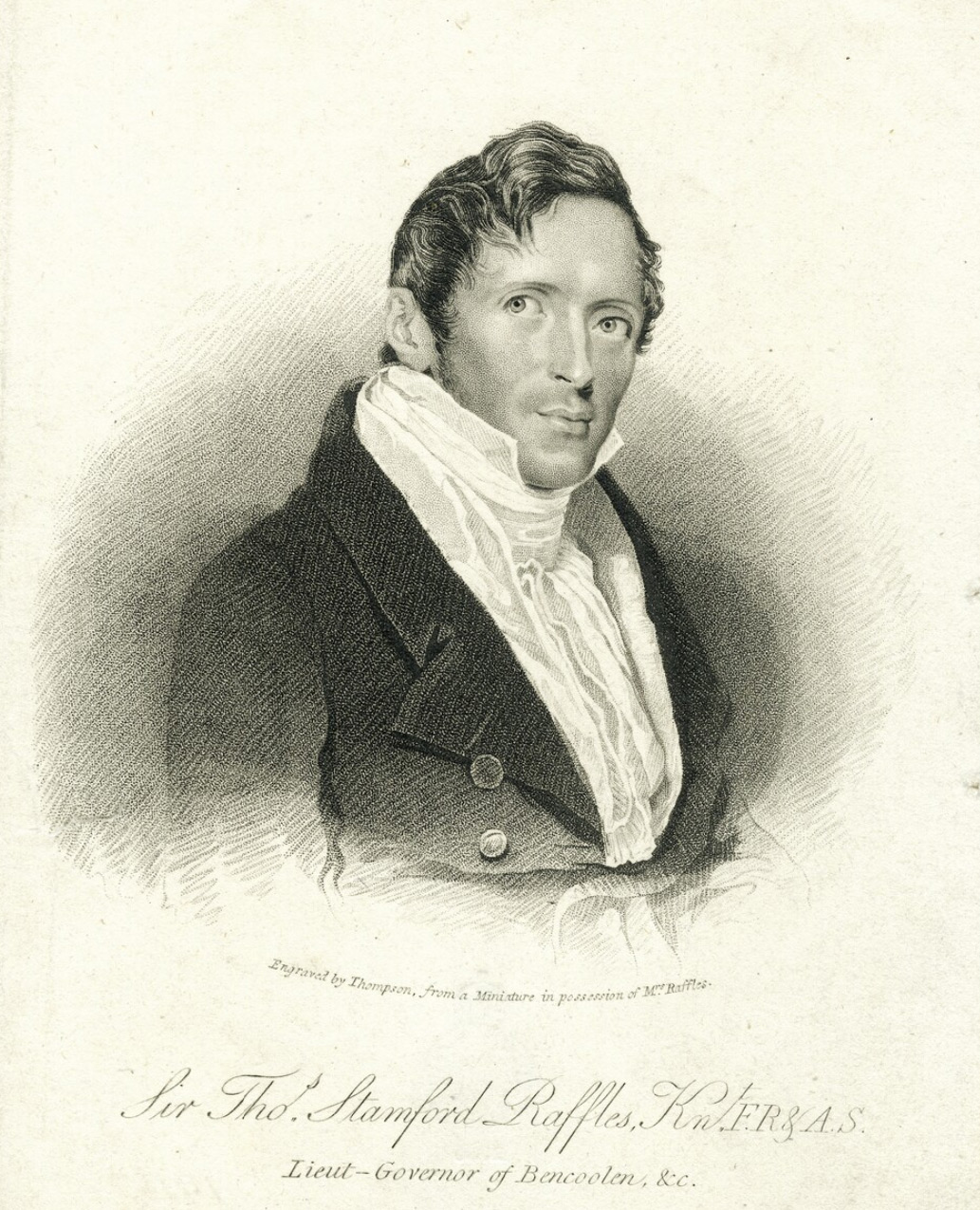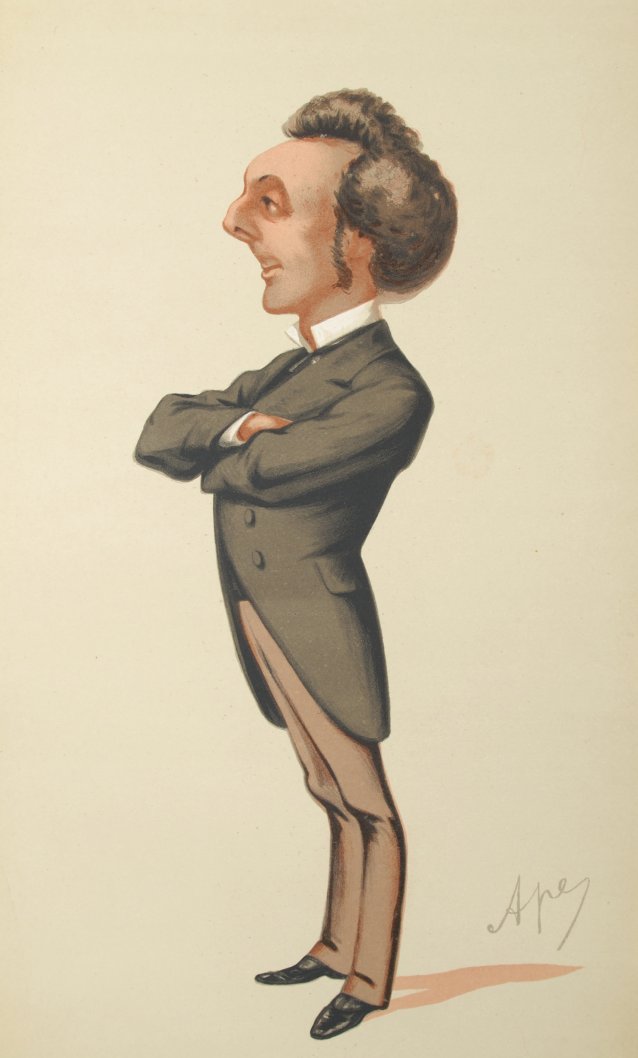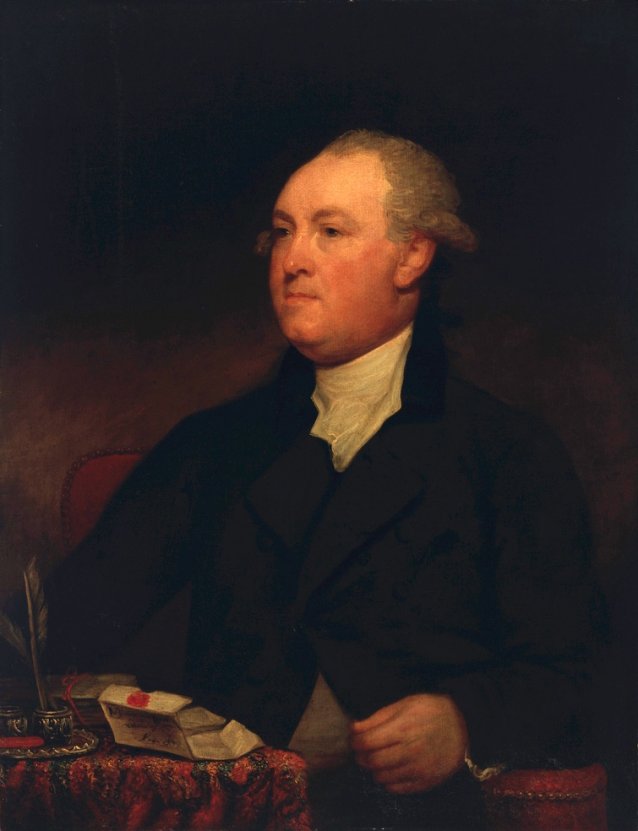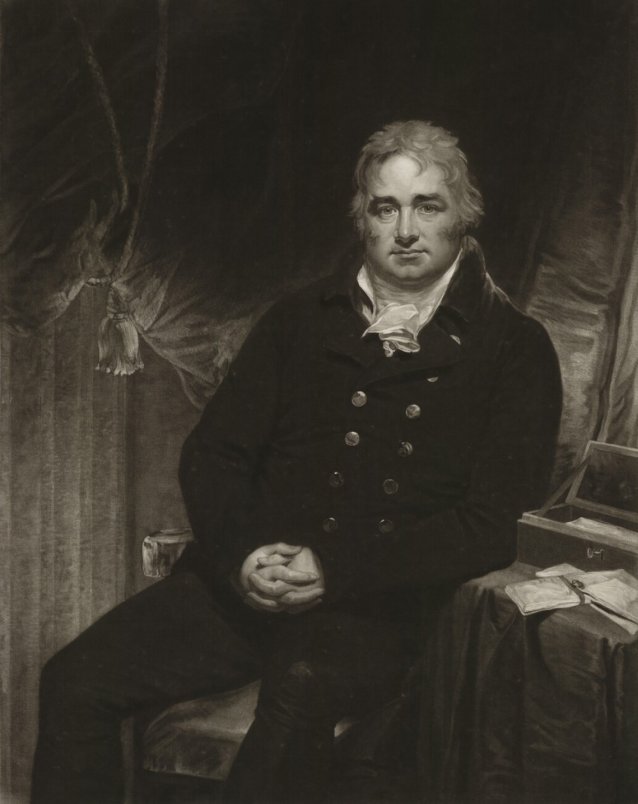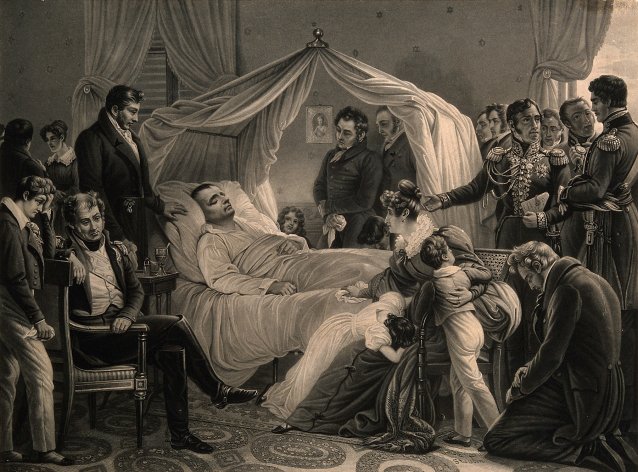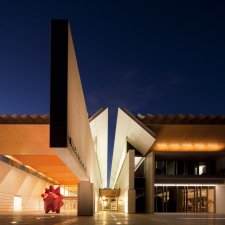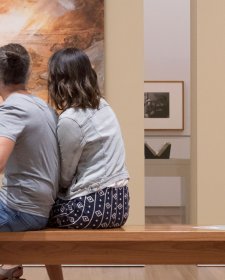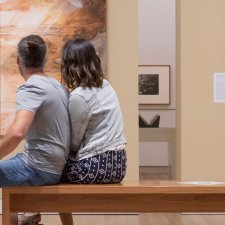I have just finished reading Victoria Glendinning’s excellent recent biography, Raffles and the Golden Opportunity (2012). By a strange coincidence, having lately read James Pope-Hennessy’s Verandah (1964), I was struck by how very alike the two subjects were, though separated by fifty years (as are their respective biographies): Sir Stamford Raffles and Sir John Pope-Hennessy were both self-made (if largely thanks to other, more powerful people’s patronage). They were limitlessly ambitious for themselves and the colonies temporarily placed under their authority (which was more or less total); inclined to act first and seek permission long afterwards (if at all); much given to hopeless quarrels with subordinates and very good at making every other sort of enemy; passionate about liberal causes; enlightened in respect of local languages, ethnicities and customs; careless with public money (and their own), and prone to elicit strong censure from Whitehall — but to prosper despite that. Pope-Hennessy once said that of the Three Grand Qualifications to Success “the first is audacity, the second is audacity, and the third is audacity.” Though expressing it differently, I am sure Raffles would have agreed. Unlike Pope-Hennessy, however, Raffles created something out of absolutely nothing: Singapore, and, as a free port, having narrowly escaped being shut down thanks to energetic Dutch diplomacy in the early 1820s, in due course Singapore succeeded exactly as Raffles predicted it would. By the time he was my age, Sir Stamford Raffles had been dead for seven and a half years; barely three and a half remained for Sir John Pope-Hennessy.
- About us
- Support the Gallery
- Venue hire
- Publications
- Research library
- Organisation chart
- Employment
- Contact us
- Make a booking
- Onsite programs
- Online programs
- School visit information
- Learning resources
- Little Darlings
- Professional learning
